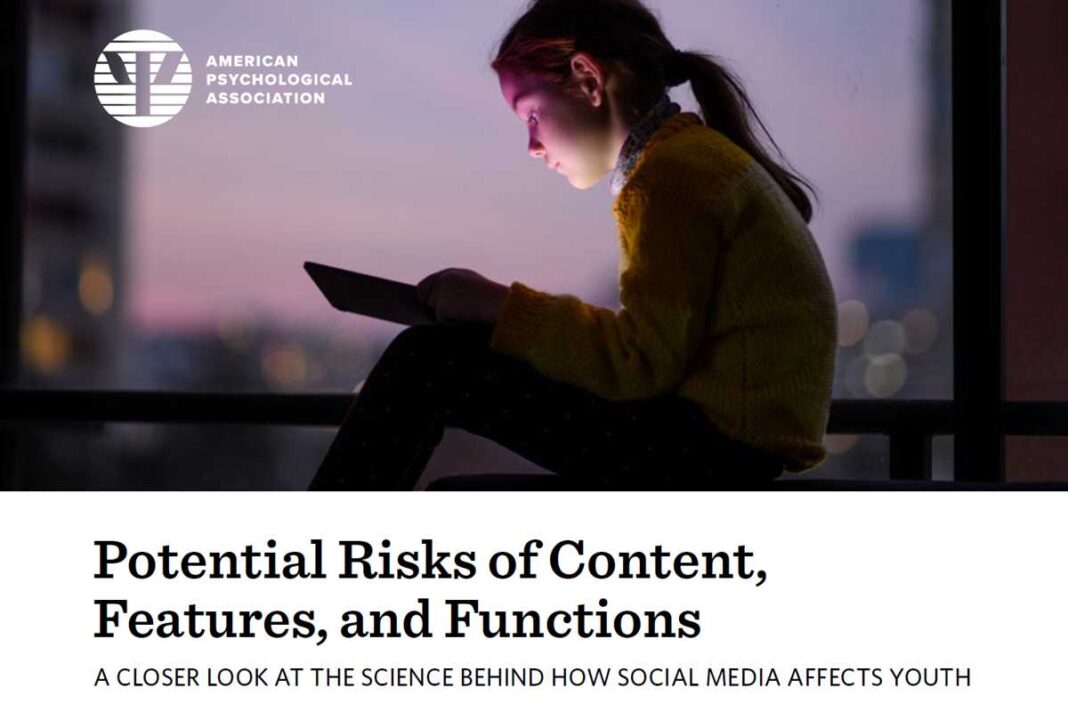The new report from the APA warns that kids are particularly vulnerable to harm from social media. But age requirements aren’t enough, says one expert.
A new study reveals that social media platforms pose several risks for young children and offers a warning that “change is needed soon.”
The latest report from the American Psychological Association (APA) warns that social media platforms developed for adults are not inherently appropriate for children. Young minds require a higher level of protection due to their mental and emotional vulnerabilities, the April report warns. This is particularly important for children who are already suffering from mental health issues or other developmental challenges.
“Chronological age,” the study warns, “is not directly associated with social media readiness.”
Despite efforts by state lawmakers to set standards to shield minors from harm online, the APA says few meaningful improvements have been made to social media platforms by the tech industry to protect children and no policies have been enacted at the federal level.
Making the challenge more difficult, tech lobbying organizations like NetChoice actively fight against state efforts to impose restrictions on social media access for children.
According to the APA, brain development for children—starting around the ages of 10 to 13 until sometime in their mid-20s—is associated with hypersensitivity to social feedback.
Simply put, children are inherently drawn toward things that will bring them attention, favorable feedback, and praise from their peers.
AI-recommended content—such as images and videos generated or modified on social media platforms like TikTok—can be particularly influential and addictive for children.
Children are also easily swayed by peer influence and easily damaged by rejection.
They are less capable of controlling their impulses and find it difficult to stop themselves from engaging in behavior that may give them a temporary feeling of satisfaction, even if they are aware of possible, longer-term negative consequences.
This lack of self-control can lead children to make decisions based on instant gratification, which exposes them to the dangers of online predators and engaging in acts of self-harm,








